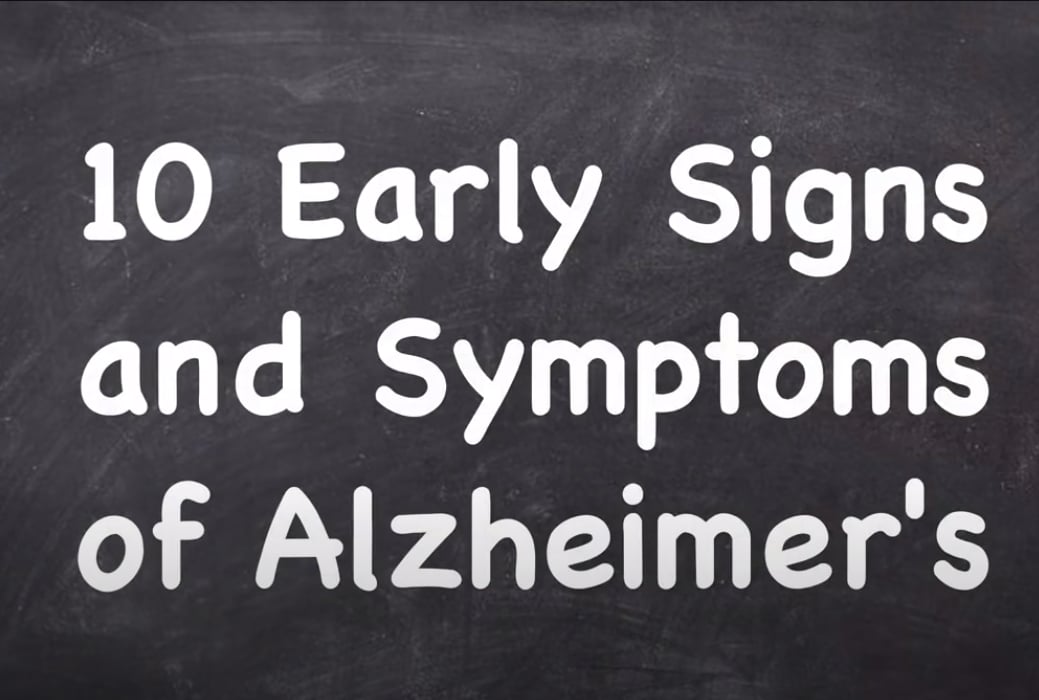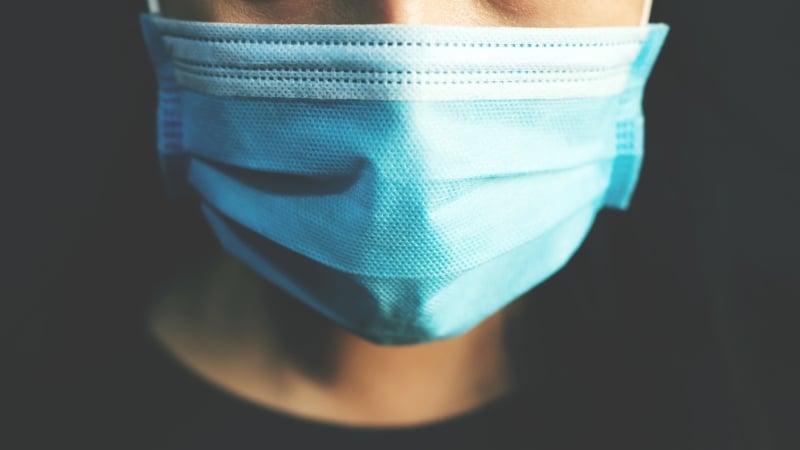It’s the weekend and so some of you may have been reaching for the paracetamol to ease the symptoms of a hangover this morning. It’s also winter, some of you may be reaching, for the paracetamol to ease the symptoms of a cold. And, whilst this is a niche example, you may have just had a vaccine dose and may be reaching for some paracetamol to ease the symptoms of your body reacting to the vaccine. As demonstrated above, paracetamol is used for a lot of ailments; be it the result of an illness or injury; but too much paracetamol can be bad for you.
How, you may be wondering?
Paracetamol, like a lot of other things that help you, can be bad if you take too much of it.
It can also affect you if you’ve taken it at the same time as another medication and they’ve reacted in your stomach.
In the eventuality that you either overdose or have an adverse reaction it’s always helpful to know what will happen if you do so you can seek help and fix the damage.
READ MORE: Omicron symptoms: seven early symptoms to spot
The Mayo Clinic is at hand with a list of them so that you know when something’s gone awry.
A couple of the symptoms of an adverse reaction to paracetamol are similar to those you might experience if you’ve got a cold.
These are fever, that may or not may not come with chills, and a sore throat.
If you have a cold at the time, then this may not be helpful; but there are other signs.
DON’T MISS
These include bloody or black faecal matter (poo) or bloody or cloudy urine.
You may also have a pain in your lower back and pinpoint red spots on your skin.
Furthermore, you could have a skin rash, hives or severe itching.
The Mayo Clinic says that these are all some of the potential adverse reactions to paracetamol.
Symptoms of an overdose include:
• Diarrhoea
• Increased sweating
• Loss of appetite
• Nausea and/or vomiting
• Stomach cramps
• Swelling, tenderness or pain in the upper abdomen
These are not only signs to look out for in yourself, but in others too.
If you have any worries or concerns that you have suffered an adverse reaction, contact NHS 111 your GP as soon as possible.
Source: | This article first appeared on Express.co.uk
Original Article










